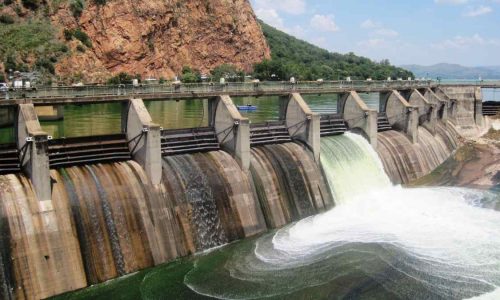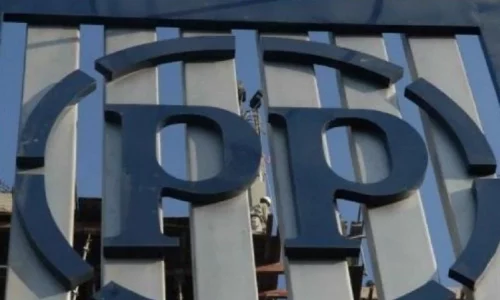Sri Mulyani, Minister of Finance said that Indonesia has a great opportunity to reap benefits from the development of the global halal industry. However, various challenges still have to be faced.
Sri Mulyani said the potential for the halal industry could add to Indonesia’s GDP of US$ 5.1 billion per year according to the 2021/2022 Halap Markets Report.
The potential is through growth in exports of halal products, FDI investment inflows and import substitution.
This great potential is supported by the demographics of Indonesia’s population, the majority of which are Muslim. However, this big opportunity does not only come from consumption by the Muslim population but also non-Muslims.
“The popularity of halal products and the increasing demand for halal products are even increasing from non-Muslim consumers because more and more consumers are looking for high-quality, safe products, and especially important ethical products, which are embedded in the characteristics and values of halal,” said Sri Mulyani, August 29, 2023.
Global halal industry on the rise despite existing challenges
On the other hand, this opportunity is also in line with the quite large international market for halal products.
Research results estimate that world spending on halal products can reach US$ 3 trillion in 2025 and will increase to US$ 4.9 trillion by the end of this decade.
Sri Mulyani also said that Indonesia also has a fairly good ranking globally. Indonesia is ranked second in the halal food and beverage category, third in fashion globally and sixth in Islamic finance.
“As a country with the largest Muslim population, Indonesia produces or develops markets for halal products. We see strong potential and this is a source of inclusive and sustainable economic growth,” she said.
Furthermore, she said that the global halal industry has a number of challenges. Some of them are fragmentation of halal institutions, lack of standardization of certification, lack of knowledge of auditors related to halal products, compliance with sharia standards, low literacy related to halal products, lack of research and development, absence of international certification bodies and lack of halal funding.









